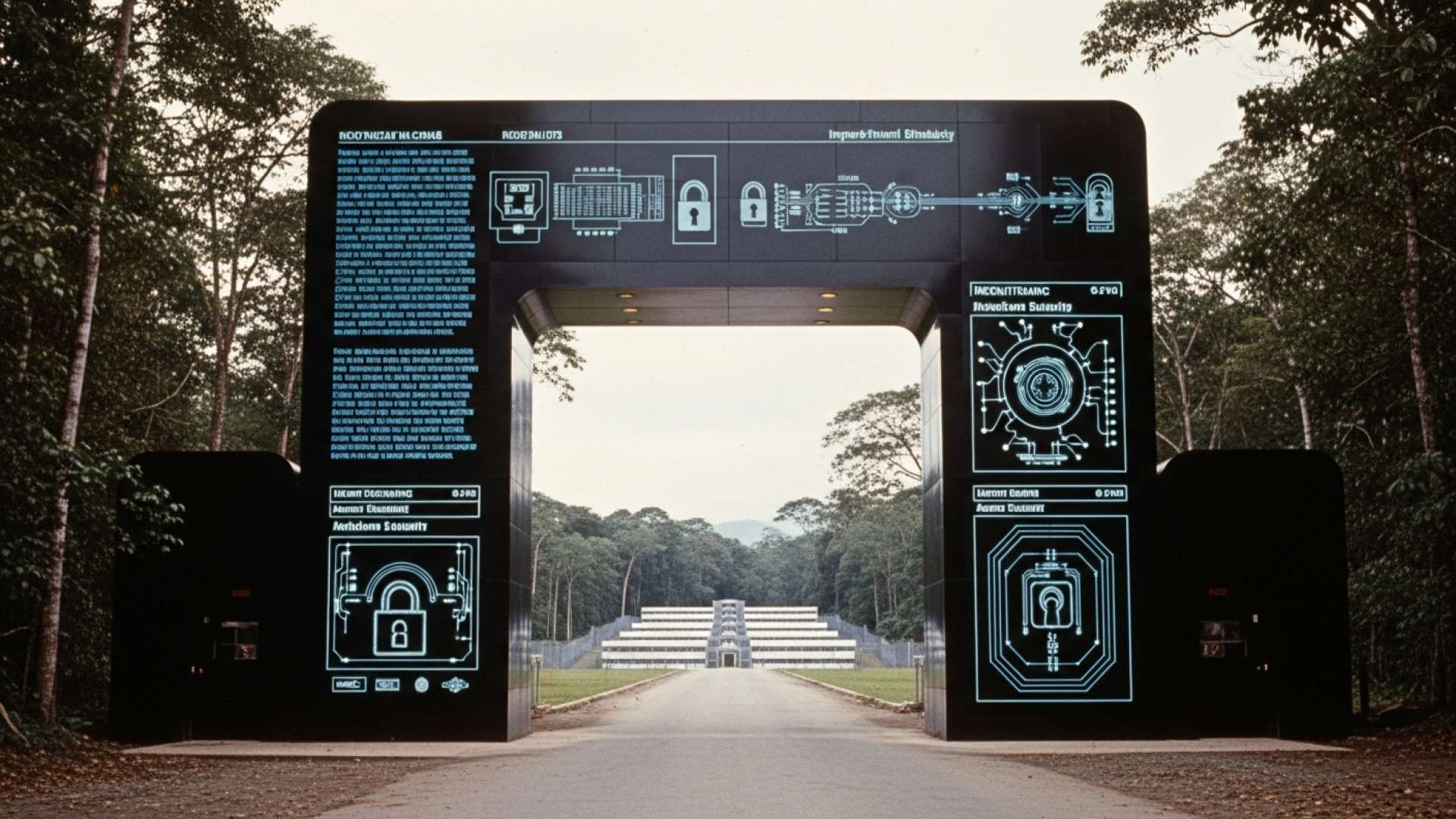San José, Costa Rica — San José, Costa Rica – A startling new report from the Comptroller General’s Office (CGR) has exposed significant vulnerabilities in the recruitment process for penitentiary police, warning that the Ministry of Justice and Peace (MJP) lacks the fundamental controls needed to ensure the suitability of personnel hired to oversee the nation’s prisons. The audit, dated October 24, 2025, points to a systemic failure that could compromise the integrity of the entire correctional system and pose a direct threat to national security.
The core of the issue, according to the national auditor, is the complete absence of a structured and comprehensive risk analysis underpinning the hiring protocol. This foundational weakness means that the existing verification mechanisms, while present, are not designed to address the most relevant and evolving threats facing the prison system. Without a formal risk assessment, the Ministry is essentially flying blind, unable to effectively screen for candidates who may be susceptible to corruption, coercion, or infiltration by organized crime.
To better understand the legal framework and the State’s obligations concerning prison security, TicosLand.com consulted with legal expert Lic. Larry Hans Arroyo Vargas from the firm Bufete de Costa Rica, who provided his analysis on the matter.
The issue of prison security is a critical reflection of a state’s commitment to the rule of law. Legally, the government bears a non-delegable duty of care, not only to prevent escapes and protect the public, but also to safeguard the fundamental human rights of the inmates themselves. Any systemic failure in security infrastructure or protocols represents a direct breach of this dual constitutional and international obligation, exposing the State to significant legal and financial liability.
Lic. Larry Hans Arroyo Vargas, Attorney at Law, Bufete de Costa Rica
This legal framework is crucial, as it elevates the discussion beyond mere operational tactics to the fundamental duties of the State. The dual responsibility to protect society while upholding the human rights of inmates is a non-negotiable principle at the core of a functioning democracy. We are grateful to Lic. Larry Hans Arroyo Vargas for his clear and essential perspective on this matter.
The Comptroller’s findings are unequivocal, highlighting a failure to adhere to established best practices and technical regulations. The report details how the current controls are not strategically designed but are rather a collection of ad-hoc measures. This procedural gap creates uncertainty about the Ministry’s capacity to attract and secure the right people for a job that is increasingly complex and dangerous.
These controls are not derived from a risk analysis.
Comptroller General’s Report
This lack of a risk-based framework has tangible consequences. The CGR specifically noted that it prevents the proper updating of job profiles for penitentiary officers. As a result, the criteria used for hiring may not reflect the modern skills, psychological resilience, and ethical fortitude required to manage today’s prison populations. The report is blunt in its assessment, stating this flaw directly “compromises the MJP’s ability to hire suitable personnel” capable of handling current challenges.
Furthermore, the audit dismissed previous attempts by the Ministry’s Human Resources department to conduct such analyses. The CGR described these prior exercises as fundamentally flawed, leaving the recruitment process exposed to significant dangers.
Previous risk analysis exercises have been disarticulated and have omitted the detection of relevant threats in the selection process.
Comptroller General’s Report
In response to the audit, officials from the Ministry of Justice and Peace acknowledged the findings and committed to implementing the CGR’s recommendations within the established deadlines. However, the Ministry also sought to manage the narrative, emphasizing that the report was technical in nature and did not uncover specific instances of corruption or illegal appointments. Officials defended their process, reiterating that it operates on core principles of fairness and transparency.
The report has a technical focus on improving internal control and does not point out irregularities. Our recruitment is based on principles of merit, suitability, and transparency.
Ministry of Justice and Peace
While the MJP’s defense highlights the absence of proven wrongdoing, the CGR’s report focuses on a more profound, systemic risk. The issue is not about the legitimacy of past hires but about the fragility of the system responsible for staffing a police force of 4,803 officers (as of July 2025). Ensuring the suitability of these officers is paramount not only for maintaining order within correctional facilities but for severing lines of communication and control between incarcerated criminal leaders and their outside networks. The Comptroller’s warning serves as an urgent call to action to fortify a critical pillar of Costa Rica’s security apparatus.
For further information, visit cgr.go.cr
About The Comptroller General’s Office (CGR):
The Contraloría General de la República (CGR) is Costa Rica’s supreme audit institution. As an independent government body, it is responsible for overseeing the use of public funds and ensuring the legality, efficiency, and transparency of the public administration. The CGR conducts audits, issues reports, and provides recommendations to improve governance and combat corruption across all sectors of the government.
For further information, visit mjp.go.cr
About The Ministry of Justice and Peace (MJP):
The Ministerio de Justicia y Paz (MJP) is the branch of the Costa Rican executive government responsible for the administration of justice, the penitentiary system, and the promotion of a culture of peace. Its duties include the management of the nation’s prisons, the oversight of penitentiary police, the execution of criminal sentences, and the implementation of social reintegration programs for inmates.
For further information, visit bufetedecostarica.com
About Bufete de Costa Rica:
As a pillar of the legal community, Bufete de Costa Rica is defined by a foundational commitment to integrity and the highest standards of professional excellence. The firm draws upon its rich heritage of advising a wide spectrum of clients to pioneer innovative legal strategies. This forward-thinking practice is coupled with a profound sense of social responsibility, reflected in a dedicated effort to democratize legal information and empower citizens, ultimately contributing to a more knowledgeable and capable society.









